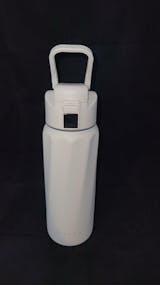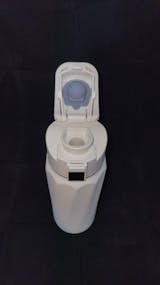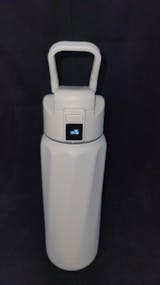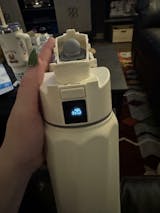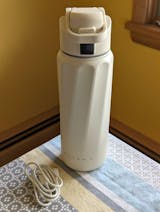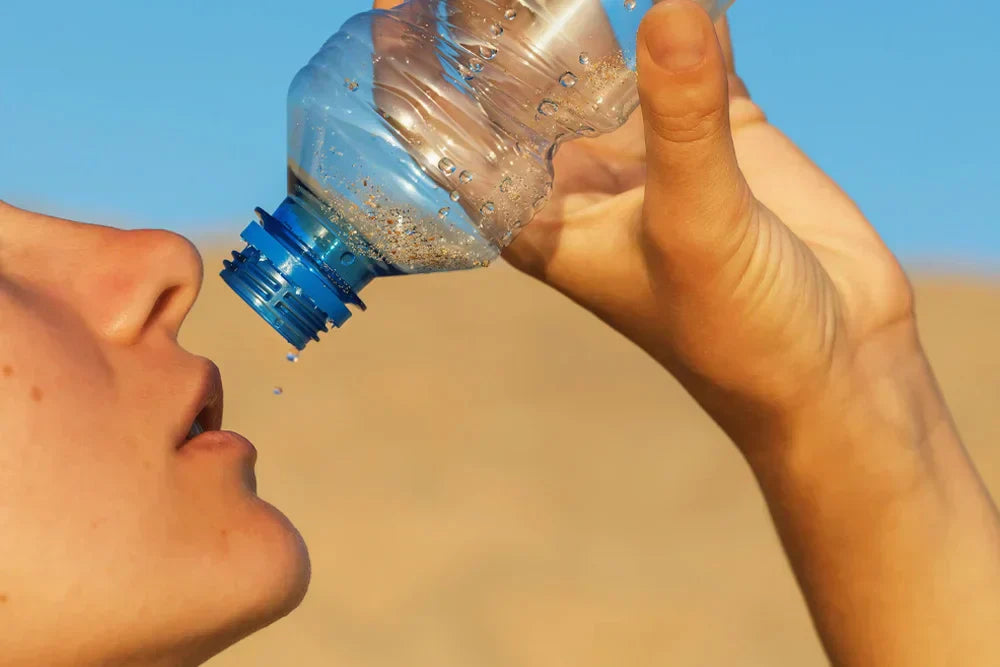
Seasonal Dehydration: Why You Might Not Feel Thirsty But Still Need Water
Do you think you only need to worry about hydration in the summer? Think again. Your body can become dehydrated in any season—even when you don’t feel thirsty. Thirst is a late-stage signal, and by the time it kicks in, your body may already be running low on fluids. Seasonal dehydration is a hidden problem many people overlook, and it can affect your health more than you realize.
In this post, we’ll break down why thirst isn’t always reliable, how different seasons influence hydration, and practical strategies to keep your body properly hydrated year-round.
Understanding seasonal dehydration

Dehydration occurs when your body loses more water than it takes in. While most people associate it with sweltering summer days, dehydration can also occur in fall, winter, and spring. That’s what makes it seasonal—your environment and habits change with the weather, but your body still requires consistent hydration to function properly.
One common misconception is that hydration only matters when it’s hot outside. In reality, cold air, dry heat, and seasonal activities all contribute to fluid balance.
Why you might not feel thirsty but still be dehydrated
Thirst is not always the most accurate indicator of hydration. Here’s why:
- Thirst as a late signal: By the time you feel thirsty, your body has already lost a significant amount of fluids.
- Age factor: Older adults often have a reduced sense of thirst, which puts them at a greater risk.
- Cooler weather effect: Cold temperatures can blunt your brain’s thirst response, making you less likely to drink enough.
- Lifestyle habits: Coffee, alcohol, and long hours in heated indoor environments can mask dehydration while still contributing to fluid loss.
How different seasons affect hydration needs

Summer
High temperatures and physical activity lead to more sweating and rapid water loss. This increases your risk of acute dehydration if you don’t replenish fluids regularly.
Fall
The weather cools, but indoor heating starts to dry out the air. Even if you’re not sweating as much, your body still loses moisture through your skin and breathing.
Winter
Cold air outside and heated indoor air combine to create a double-dehydrating effect. You may not feel thirsty in winter, but your body is losing water through respiration, dry skin, and reduced humidity.
Spring
The season of transition often brings fluctuating temperatures and allergies. Antihistamines and other allergy medications can dry out your system, increasing hydration needs.
Signs of seasonal dehydration beyond thirst
Since thirst isn’t always reliable, watch for these warning signs:
- Fatigue or low energy.
- Dry, flaky skin or chapped lips.
- Headaches and difficulty concentrating.
- Dark-colored urine or infrequent urination.
- Dizziness or muscle cramps.
Why staying hydrated matters year-round
Proper hydration isn’t just about quenching thirst—it plays a vital role in your health:
- Supports metabolism and energy by maintaining cell functioning efficiently.
- Regulates body temperature, regardless of the outside temperature.
- Promotes skin and joint health by maintaining elasticity and lubrication.
- Strengthens immunity, especially during flu and cold season.
- Boosts focus and memory, since even mild dehydration can impair cognitive performance.
Practical hydration strategies by season

General Tips
- Carry a daily water bottle tracker and sip throughout the day.
- Track your water intake using a dedicated app or a smart water bottle.
- Eat water-rich foods like cucumbers, oranges, and watermelon.
Summer
- Drink extra fluids before, during, and after outdoor activity.
- Use electrolyte-enhanced drinks if you sweat heavily.
Fall
- Use a humidifier to counteract dry indoor air.
- Balance warm seasonal drinks (like pumpkin lattes) with plain water.
Winter
- Drink warm herbal teas or broths to stay hydrated and replenish your body.
- Pre-hydrate before going outdoors in cold, dry air.
Spring
- Increase fluid intake if you’re taking antihistamines.
- Snack on hydrating fruits and veggies to naturally boost intake.
FAQs
Do I need less water in winter than in summer?
Not necessarily. While you may sweat less, respiratory water loss and dry indoor air mean you still need steady hydration.
Can I rely on tea or coffee as a source of hydration?
While they contribute to fluid intake, caffeine has a mild diuretic effect. Balance them with water.
Does eating fruit and vegetables count toward hydration?
Yes. Produce like oranges, lettuce, and melons provides both water and essential nutrients.
Conclusion
Dehydration isn’t just a summer problem. Regardless of the season, your body relies on steady hydration for energy, health, and optimal performance. Because thirst isn’t always a reliable guide, it’s essential to develop hydration habits that adjust to your environment.
The takeaway: Stay mindful of your water intake year-round—your body will thank you in every season.












